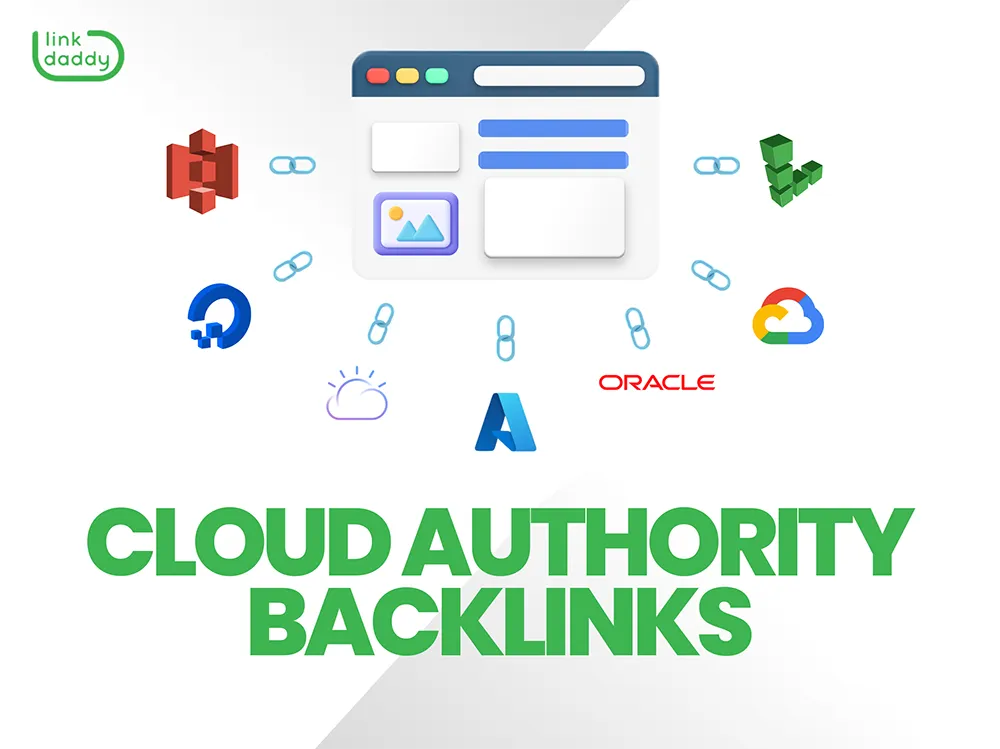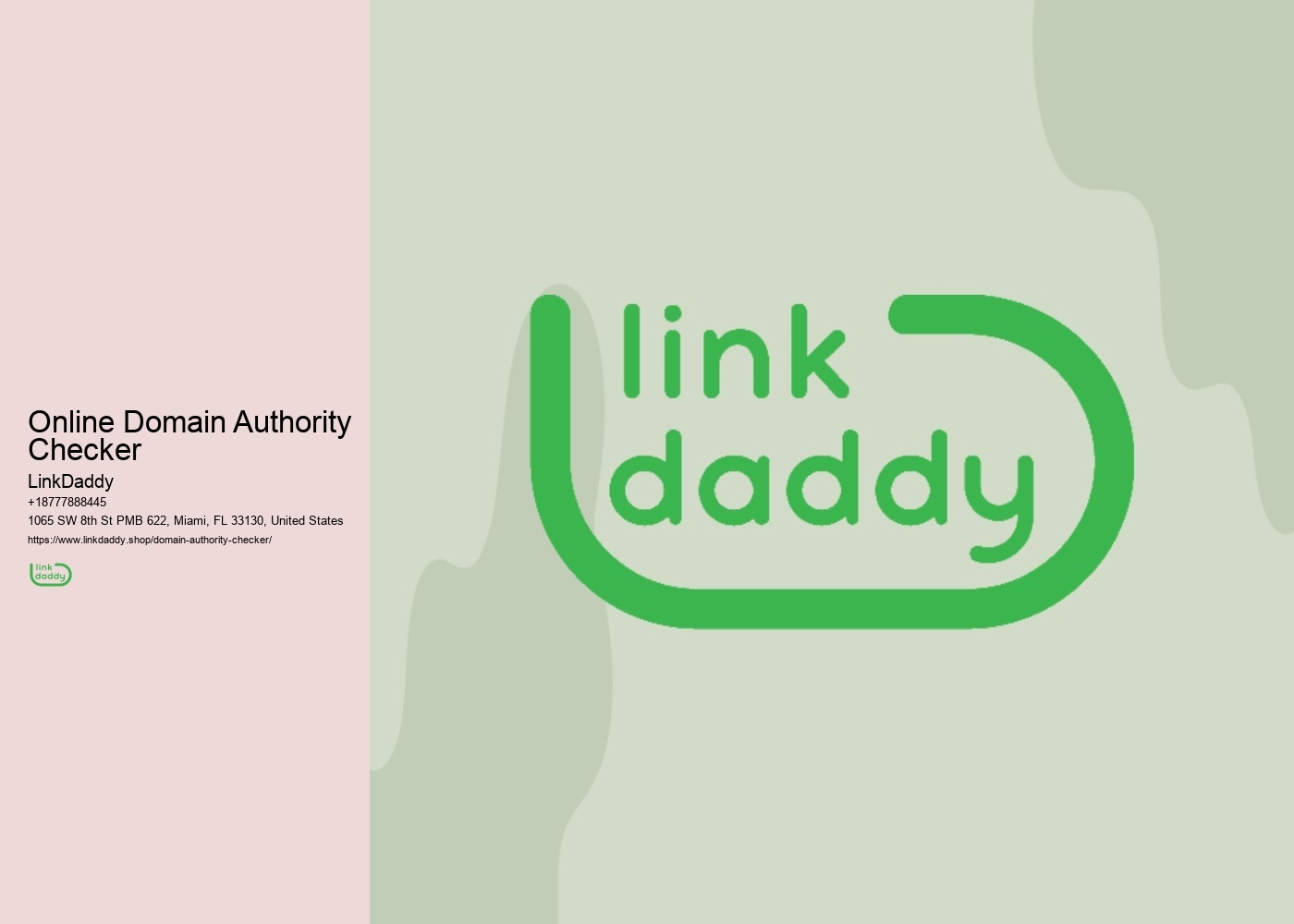LinkDaddy Cloud Services Introduction: Equipping Services Around The World
Wiki Article
Comprehending the Different Kinds of Cloud Services and Their Usages
In today's digital landscape, the world of cloud computing uses a varied variety of services that accommodate the needs of people and companies alike. From Infrastructure as a Solution (IaaS) to Software as a Solution (SaaS), each kind of cloud service serves an one-of-a-kind function and provides distinctive benefits. Understanding the differences between these numerous cloud models is critical for enhancing procedures, boosting scalability, and making sure cost-efficiency in an increasingly interconnected globe. By discovering the nuanced capabilities and applications of each cloud solution, one can browse the complexities of cloud computing with precision and insight.Infrastructure as a Service (IaaS)
Infrastructure as a Service (IaaS) provides users with virtualized computing resources over the web on a pay-as-you-go basis. This cloud computer version supplies crucial IT infrastructure such as virtual devices, storage space, and networking without the demand for organizations to spend in and handle physical web servers and data centers. With IaaS, customers can scale sources up or down based upon their requirements, providing versatility and cost-efficiency.One of the vital advantages of IaaS is its capability to rapidly provision and release facilities elements, allowing companies to respond promptly to altering demands and market problems. By outsourcing framework administration to the company, companies can focus extra on their core service activities instead of managing the intricacies of hardware upkeep and upgrades.
In addition, IaaS supplies a high degree of reliability and safety, with providers typically supplying durable data backup, catastrophe recovery, and cybersecurity steps. This helps make certain that important service operations remain nonstop and information continues to be shielded versus prospective hazards. Cloud Services. On the whole, Facilities as a Solution simplifies IT operations, improves scalability, and minimizes resources expenditures for businesses of all dimensions
System as a Solution (PaaS)
Building upon the foundation of Infrastructure as a Service (IaaS), System as a Solution (PaaS) offers an extensive atmosphere for designers to produce, deploy, and handle applications without the complexities of underlying facilities administration. PaaS offers a platform with tools and services that improve the advancement process, allowing developers to concentrate on writing code and structure applications instead than dealing with facilities worries.

Software Application as a Solution (SaaS)
Software as a Solution (SaaS) changes the means services gain access to and use software application applications by offering them on a subscription basis via cloud companies. This cloud computer design eliminates the demand for companies to install and keep software program on private devices, as whatever is hosted and managed centrally in the cloud.SaaS offers a cost-effective solution for services as they just pay for the software program they make use of without the included costs of equipment upkeep or software application updates. It additionally uses scalability, permitting firms to conveniently adjust their software program needs based on their demands.
In addition, SaaS applications can be accessed from any kind of device with a net link, promoting partnership and flexibility among remote teams. Security is a top concern in SaaS, with companies implementing durable actions to protect information stored in the cloud.
Popular instances of SaaS consist of consumer connection monitoring (CRM) software program like Salesforce, efficiency tools like Microsoft Workplace 365, and collaboration platforms like Google Workspace. SaaS remains to find out here get traction in business globe due to its benefit, scalability, and cost-efficiency.
Feature as a Service (FaaS)
With the advancement of cloud solutions like Software program as a Service (SaaS) enhancing software application shipment, Feature as a Solution (FaaS) stands for a standard shift in exactly how code is carried out in a serverless atmosphere. FaaS permits developers to write and execute specific features or pieces of code in response to certain events without the requirement to take care of the framework. This serverless computer version makes it possible for developers to concentrate solely on creating code to execute details functionalities, without worrying themselves with the underlying infrastructure or server management.Among the key benefits of FaaS is its capacity to range automatically based on the incoming workload. Functions are executed in stateless containers that are spun backwards and forwards as required, making certain optimal source content use and cost-effectiveness. FaaS is especially advantageous for event-driven and microservices architectures, where code implementation is caused by events such as HTTP demands or data source updates. By abstracting the framework layer, FaaS simplifies growth, accelerates time to market, and enhances general agility in deploying cloud-native applications.
Storage Space as a Service (STaaS)
An essential part in cloud computing, Storage space as a Service (STaaS) supplies customers with a efficient and scalable option for taking care of information storage space demands. STaaS allows companies to keep and retrieve data from remote web servers via the net, getting rid of the requirement for on-premises equipment. This solution offers versatility by allowing customers to pay just for the storage space they use, making it a cost-efficient remedy for organizations of all sizes.
STaaS is particularly beneficial for businesses with fluctuating storage needs, as it supplies a secure and trustworthy storage remedy without the requirement for substantial upfront financial investments. By leveraging STaaS, companies can improve their data monitoring procedures, improve access, and enhance data safety in go now an inexpensive way.
Verdict
In conclusion, comprehending the various types of cloud solutions and their usages is vital for companies and people looking to leverage the advantages of cloud computer. By making use of the appropriate cloud service, organizations can enhance their effectiveness, scalability, and versatility in handling their IT facilities and applications.From Facilities as a Solution (IaaS) to Software Program as a Solution (SaaS), each kind of cloud solution offers an one-of-a-kind objective and gives distinctive benefits. cloud services press release. By checking out the nuanced performances and applications of each cloud service, one can navigate the complexities of cloud computing with precision and insight
With the advancement of cloud solutions like Software program as a Solution (SaaS) simplifying software program distribution, Feature as a Service (FaaS) represents a paradigm shift in how code is performed in a serverless atmosphere.In final thought, comprehending the different types of cloud solutions and their usages is essential for organizations and people looking to leverage the benefits of cloud computing. By using the ideal cloud service, organizations can enhance their efficiency, scalability, and versatility in managing their IT facilities and applications.
Report this wiki page